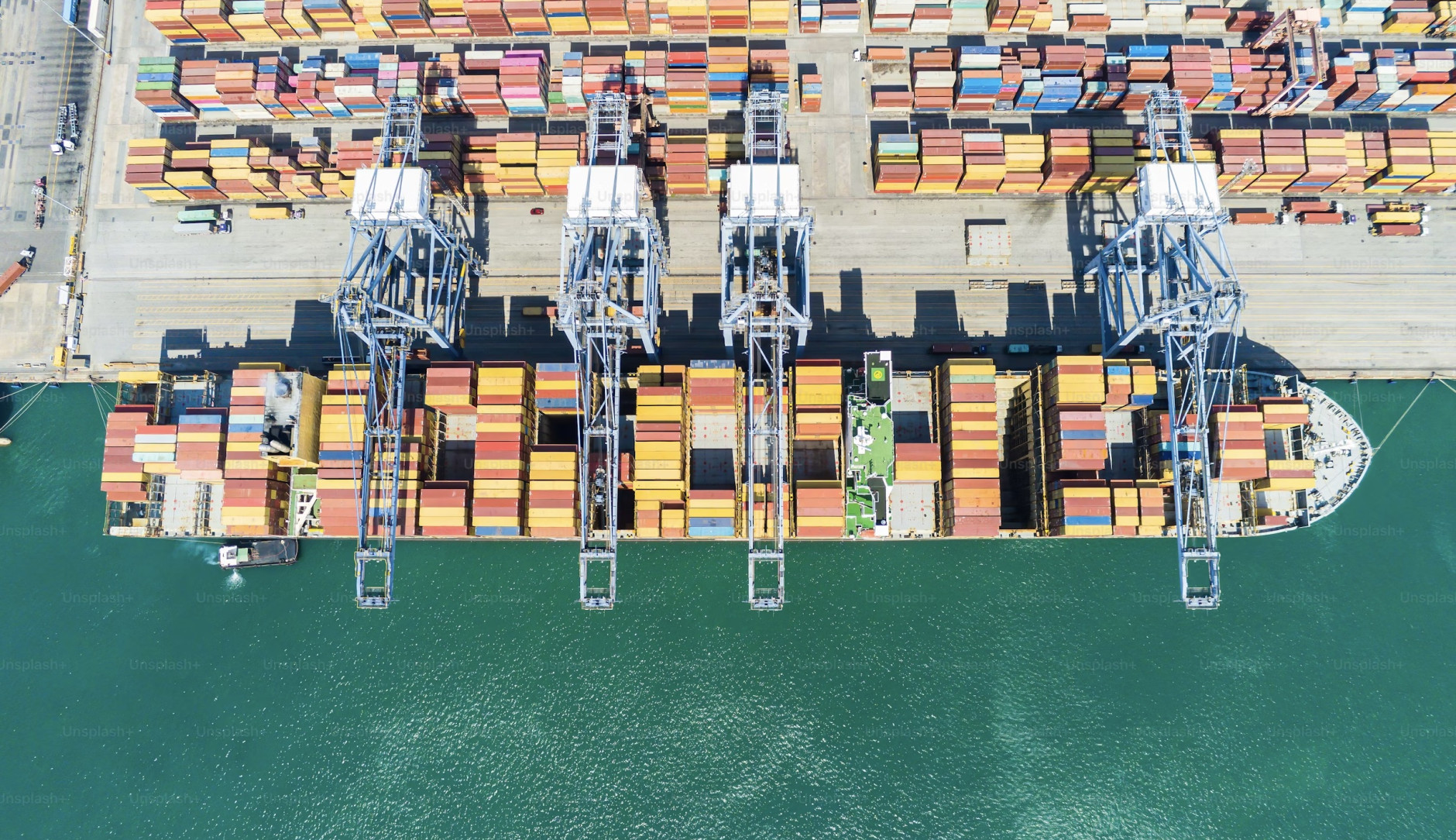US trade wars mean the EU must invest in its own future
Tariffs are bad for everyone, but where the US fails, Europe has a chance to take the path of sustainability and multilateralism

Amidst its chaotic retreat from multilateralism and the rule of law, the US government has unilaterally and recklessly decided to upend international trade as we know it, apparently on a whim. Tariffs on steel and aluminium since March, tariffs on all imported goods from a wide range of countries (20% on EU goods) since April 2nd, even threats of economic coercion towards Denmark in the United States’ quest to ‘own Greenland’, have created an atmosphere of unpredictability that has not only sent the stock market south but that has undermined the fundamentals of the world’s economy. Already, business and consumer confidence is tanking throughout sectors with rippling effects for economic growth around the world.
Trade wars, despite Trump’s claim of them being “easy to win”, are lose-lose scenarios. Unnecessary trade barriers increase the cost of trading, limit market efficiency, and impair innovation in the long run. The imposed tariffs will also push consumer prices up and add to inflationary pressures. In short, the idea of escalating trade wars being good for the economy is an outdated, debunked and dangerous fantasy that is fed more by gross ignorance and delusions of national supremacy than by evidence and economic facts. Let us be clear: Trump’s ‘America first’ trade policy translates into ‘US citizens last’, many of whom are already fighting with intolerable private debt, increasing cost of living, and a Musk-chainsawed collapsing social security system.
With the EU-US trade volume reaching staggering €1.6tn in 2023, a trade war with Europe would hit both economies. Yet the EU must react to US tariffs with its own set of measures to safeguard European businesses. We call on the EU to take a measured and targeted approach that both safeguards European economic resilience, while fostering strategic independence in key technologies and raw materials. In particular, the EU must stay true to its green ambitions, moving away from fossil fuel dependency. Whether it is Russian liquified natural gas (LNG), which the EU still buys in mind-boggling quantities, indirectly funding Russia’s war against Ukraine, or US LNG and US-sourced oil; every litre of oil and every cubic metre of gas not consumed contributes to European strategic independence, European safety, and, not at least, climate crisis mitigation.
Given the destructive trade policy and the more-than-unfriendly rhetoric by the Trump administration, the EU must move beyond symbolic tariffs, such as those on US-made motorcycles, jeans and whiskey. Instead, we call on the EU to target the US tech sector in response to US tariffs. Beyond tariffs, the EU must make full use of the tools of the Digital Services Act (DSA) and Digital Markets Act (DMA). It should also consider excluding US-based companies, such as Starlink, from competing for government contracts in the EU. Such measures must be accompanied by a strengthening of the European tech sector, to increase European competitiveness and reduce dependence on US companies with ties to a US government that pursues goals detrimental to European democracies and societies.
Furthermore, the use of the EU's powerful Anti-Coercion Instrument must be tabled to clarify that EU Member States cannot be subjected to economic coercion without severe consequences. At the same time, and being mindful that this escalating regime of measures will have substantial costs for European citizens and businesses, we call on the EU to keep negotiation channels with the US open and be ready for de-escalation.
The EU should have no illusions about having to invest massively, not only in defence and a European arms industry, but also in innovation, infrastructure and the green transition. We call on the EU Member States to contribute to systematic investments in these areas according to their abilities, and see with concern how right-wing governments such as that in the Netherlands undermine this willingness for spending, refusing to take up responsibility to contribute to pan-European preparedness. In contrast, we welcome the €500bn investment programme of the incoming German government that explicitly includes €100bn for the green transition in principle as a clear signal (though many aspects of the German investment programme remain worrisomely unclear).
The Trump administration may have shattered the transatlantic alliance, at least in the short term. The US-initiated trade wars are clear signs that the EU, being a key proponent of a rule-based international order, is seen as an ideological competitor instead of a partner. We must be clear and honest about this shift; the world that supports international law, democracy, and human rights has shrunk dramatically, and these trade wars are just one symptom of this reality. With its vast network of association agreements and free trade agreements, the EU, together with like-minded partners, such as Canada, South Korea and Japan, can and must keep the idea of a world based on cooperation alive. More than just the wealth of the EU itself depends on it.
______________
You and us share the same dream of a united, thriving Europe. It really means a lot to us when you make a donation, and if you would like to help us plan ahead with confidence, we thank you for your monthly contribution 💜